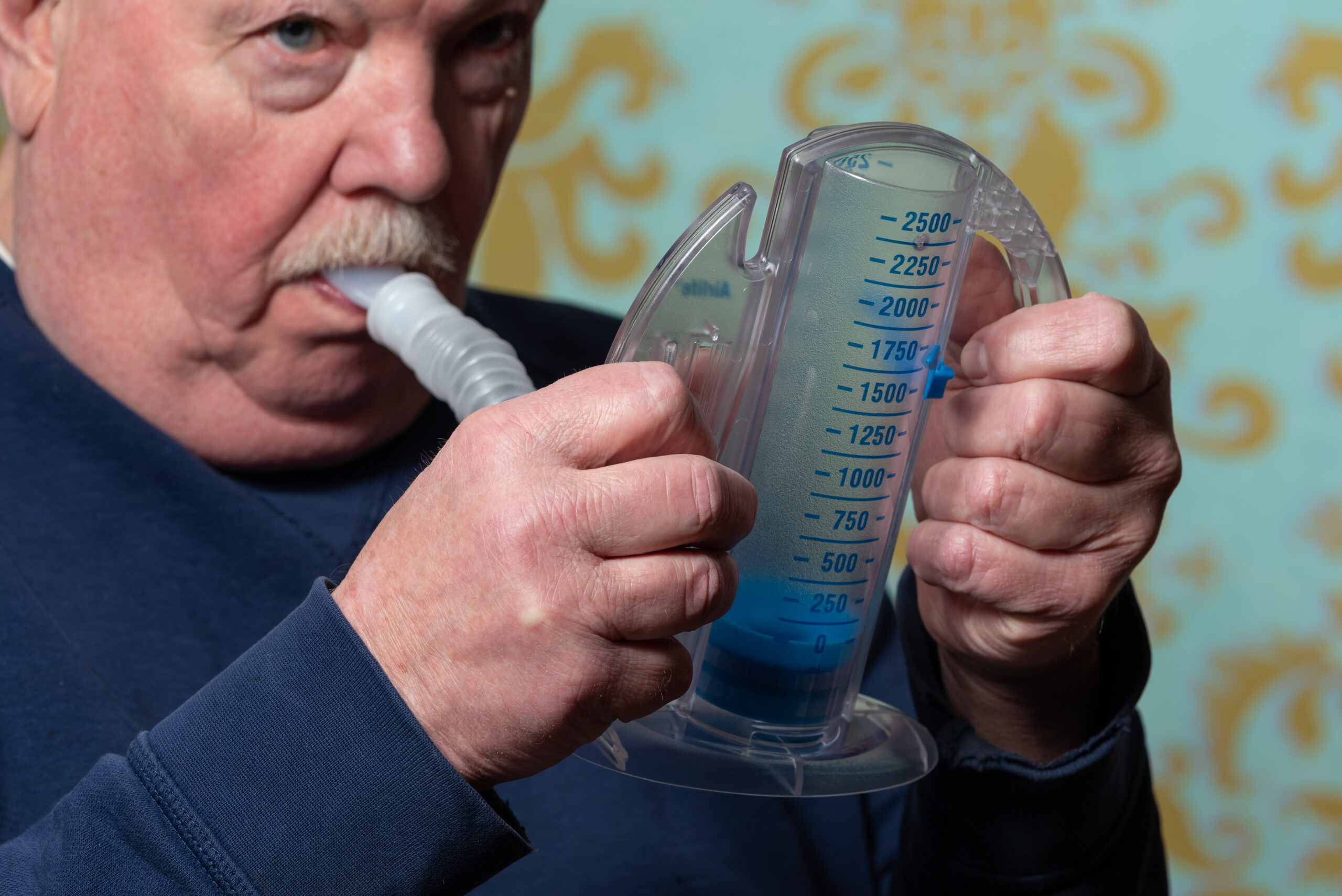
Patient Guide: Chronic Obstructive Pulmonary Disease (COPD)
COPD is a chronic lung disease characterized by persistent airflow obstruction, primarily caused by long-term exposure to irritants such as cigarette smoke, air pollution, and occupational hazards. While there is no cure, treatment and lifestyle changes can help manage symptoms, improve quality of life, and slow disease progression. Early diagnosis, a comprehensive treatment plan, and regular follow-ups with a healthcare provider are essential for optimal outcomes in managing COPD.



